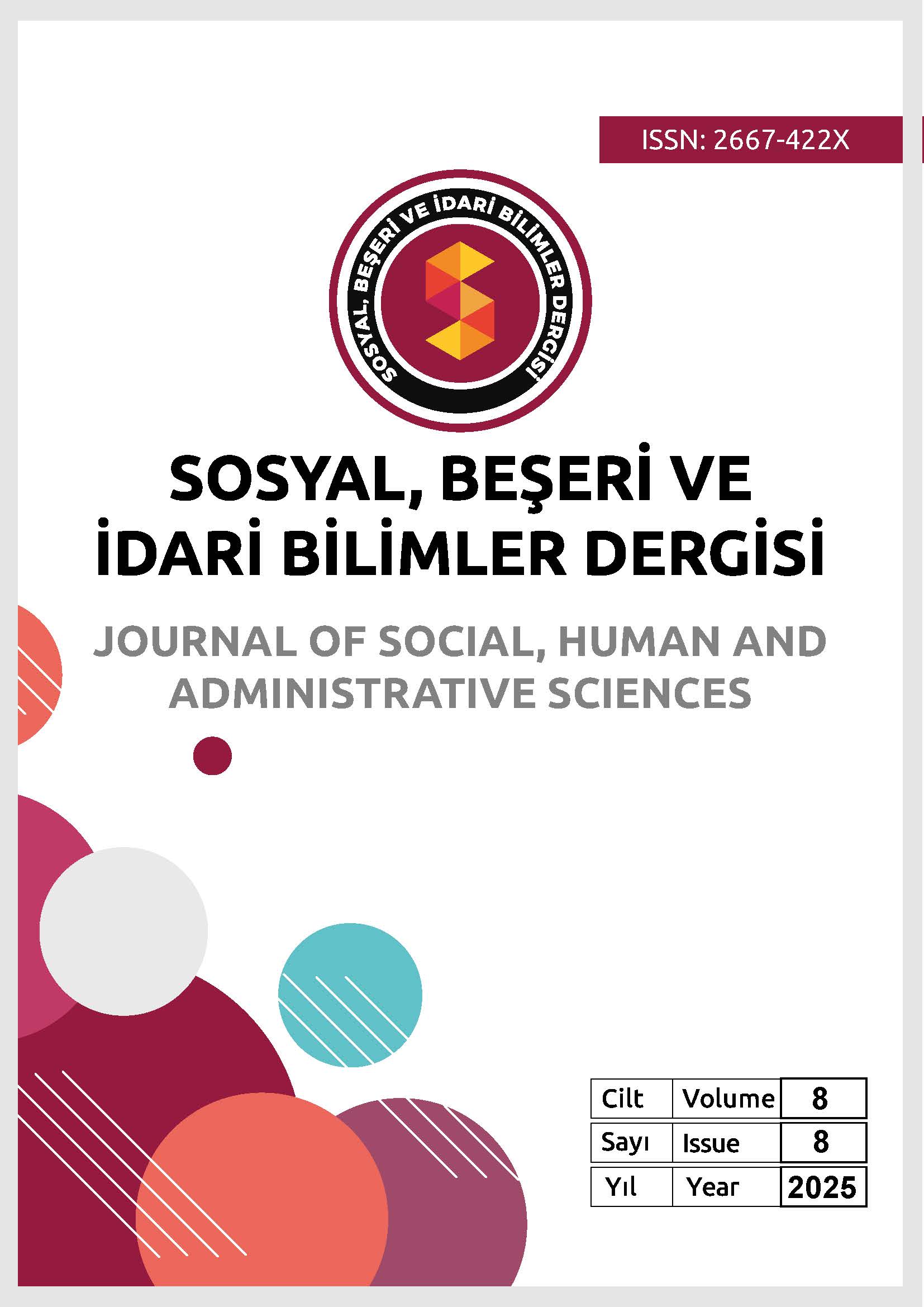Tacit Knowledge as A Corner Stone in Gastronomy: Action-Based Acqusition and Development Strategies
Main Article Content
Abstract
In Turkish culinary culture, the metaphor of “mother’s hand” is frequently used to express cooking skills and unique techniques. This metaphor represents mothers’ long-standing experiences, their ability to produce flavors that are hard to describe, and their mastery in the kitchen. The failure to capture the unique taste and texture in dishes prepared by mothers, even when the same ingredients and recipes are used, forms the basis of this metaphor. In this context, “mother’s hand” symbolizes not only a cooking style but also the manual dexterity, mastery, and professional background of a cook or chef. The metaphor in question is a reflection of implicit knowledge that cannot be expressed explicitly and cannot be easily conveyed through written information. Implicit knowledge is of decisive importance, especially in the field of gastronomy. While explicit knowledge can be shared through written recipes, cookbooks, or teaching materials, implicit knowledge is based on direct experience, sensory perception, and applied knowledge. In culinary arts, the key element that transforms a recipe into a unique flavor and a distinctive texture is the skillful combination of techniques, timing, and use of ingredients. In this context, both in traditional home kitchens and professional kitchens, the acquisition of tacit knowledge is mostly realized through application, observation and trial-and-error processes. Just like the intuitive knowledge that mothers acquire through years of experience, professional chefs also reach this knowledge over time, through practice and developing sensory awareness. Therefore, the metaphor of the “mother’s hand” is not only a cultural expression but also a concrete representation of tacit knowledge in gastronomy. This study investigates the basic characteristics of tacit knowledge and its key role in gastronomy. It highlights how traditional culinary practices, often considered part of cultural heritage, rely heavily on this form of knowledge. The challenges of preserving and transmitting tacit knowledge in the face of technological advancements, standardized processes, and generational changes are examined. Through the lens of master-apprentice relationships, this research emphasizes the importance of hands-on learning and mentorship for the successful transfer of tacit culinary knowledge. By fostering these relationships and creating community-based culinary workshops, future generations can be empowered to sustain and innovate within the rich tradition of gastronomy.
Article Details

This work is licensed under a Creative Commons Attribution 4.0 International License.

